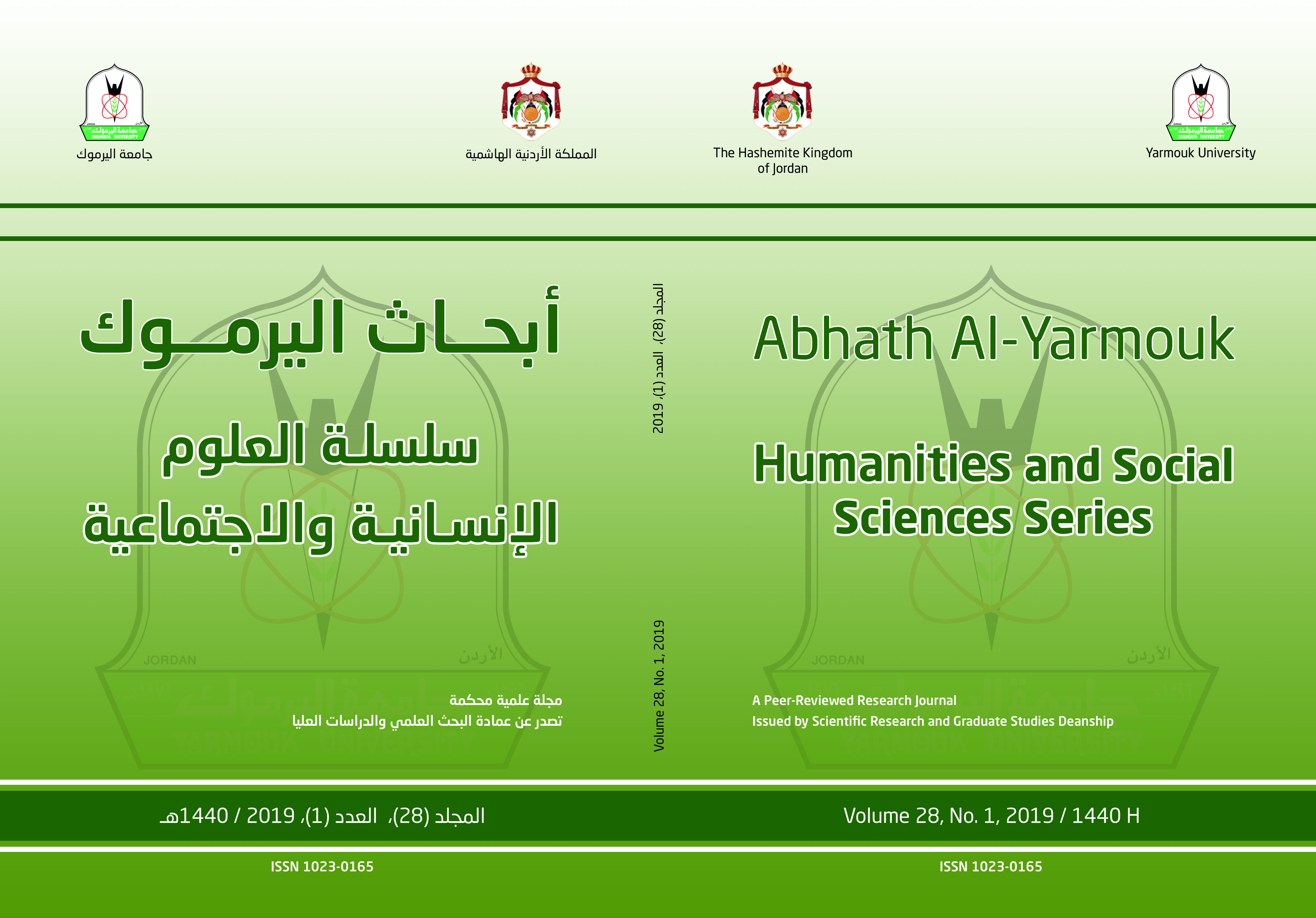The Terminology of al-Qabālah in the Linguistic, Historical and Doctrinal Contexts
Keywords:
taxes, qabālah, papyri, inscriptions, Kharāge, doctrineAbstract
The research discuses the unique economic term, qabālah, that is related to Kharāge. It refers to a lump-sum duty levied upon the land for the benefit of Islamic Treasure House "Bayt Māl al-Muslimīn". In the course of the discussion of this term, the research depends on direct and indirect historical sources. The direct sources include ancient writings/inscriptions that date back from the pre-Christ era to the first centuries A.D., in addition to the Egyptian-Islamic papyri of the first century of Hijra. The indirect sources are comprised of books that deal with the histories and the Hadīth of the Prophet Mohammad, peace be upon Him. The research has also benefited from late historians' books. The research shows the linguistic, idiomatic and historical use of the word. It follows the historical method to trace step by step the use of the term and its derivations.
The research concludes that, though the word is not used in Classical Arabic before Islam, it has attestation in the period before Christ and the first centuries A.D.
The paper is divided into introduction and three parts: the first, deals with the linguistic case, the second follows its recordings in the sources and the third is allotted to doctrinal contents of the term.

